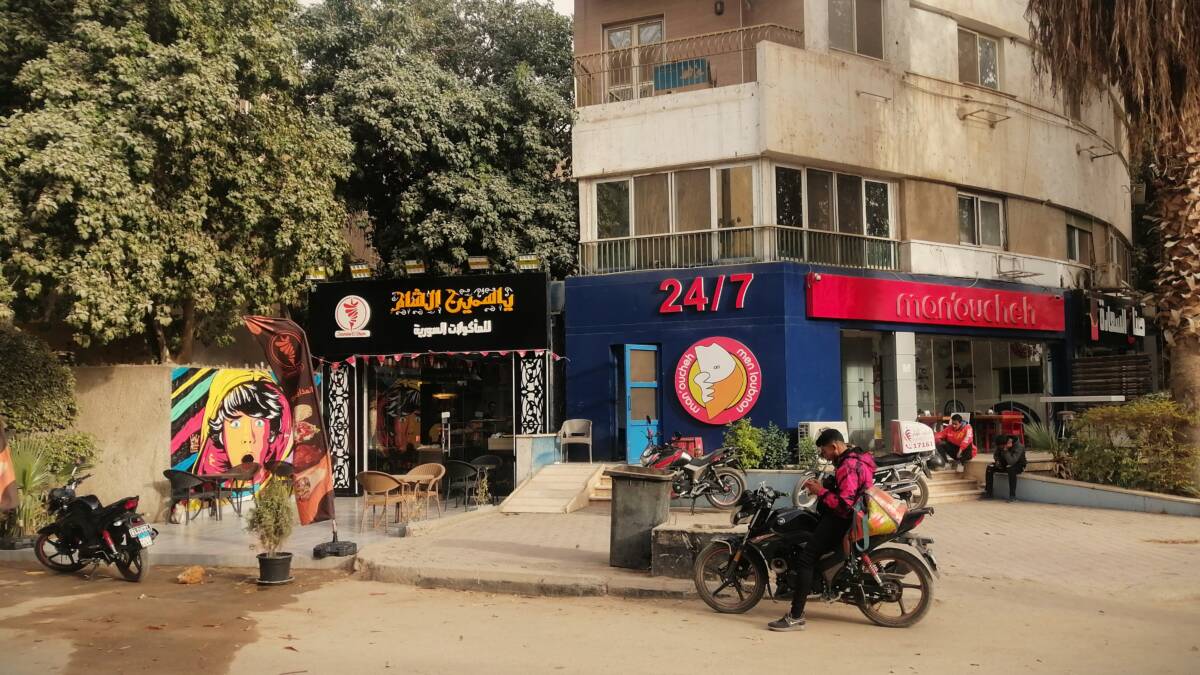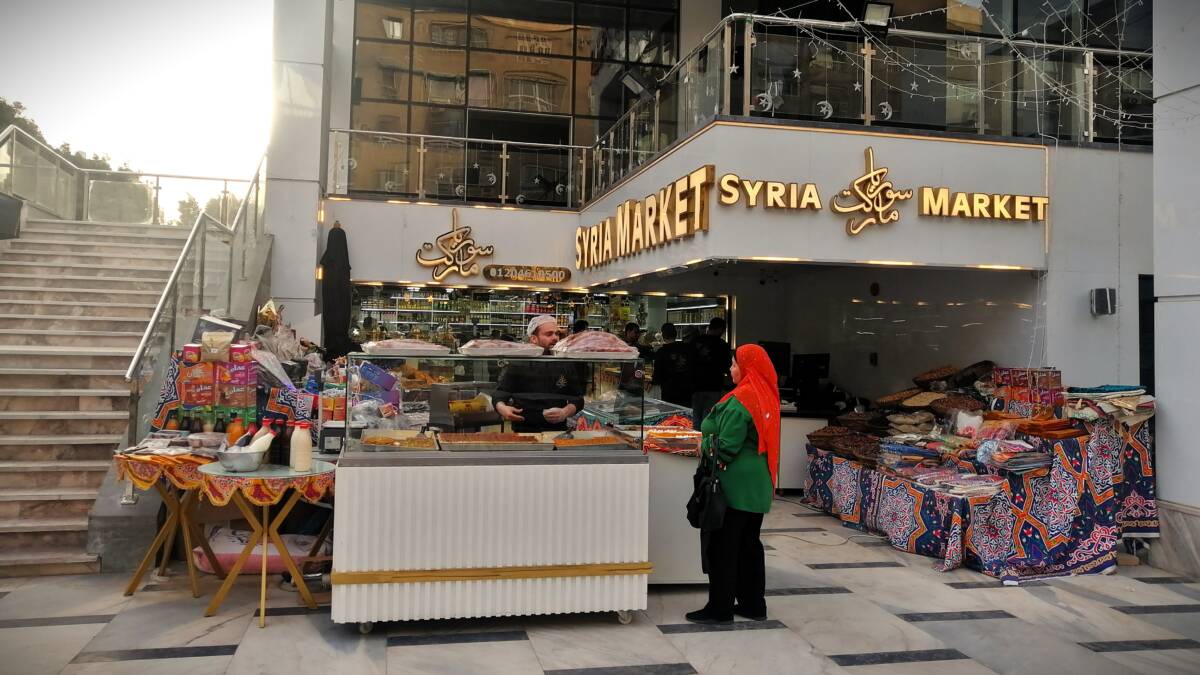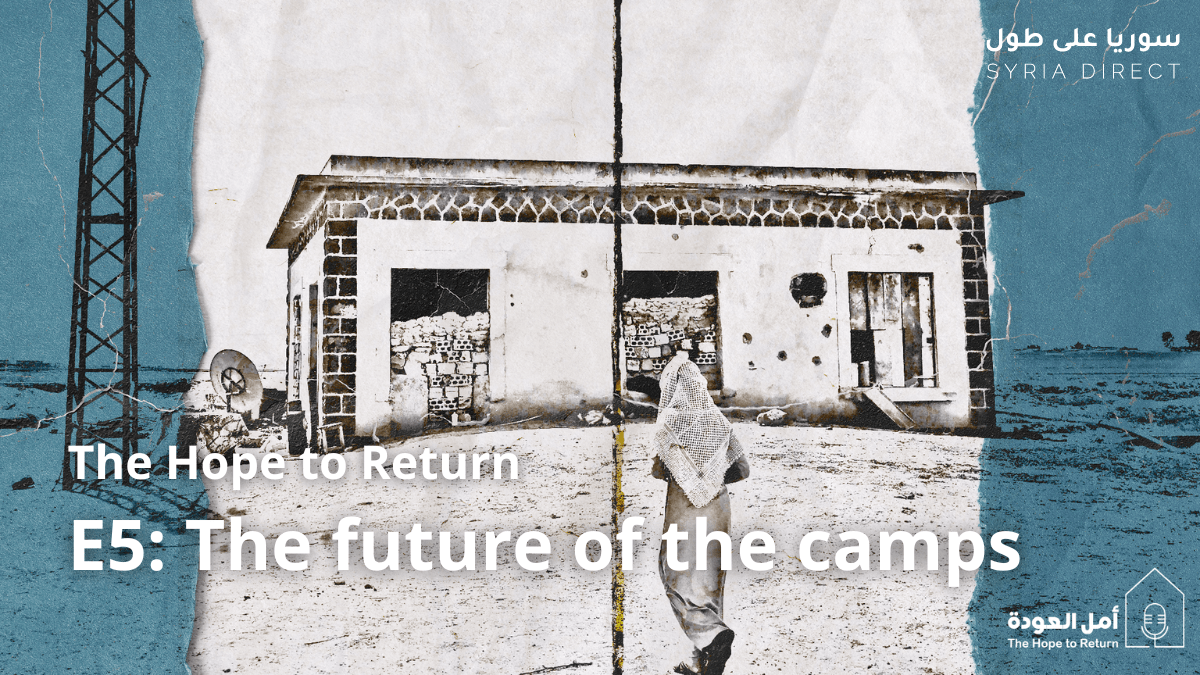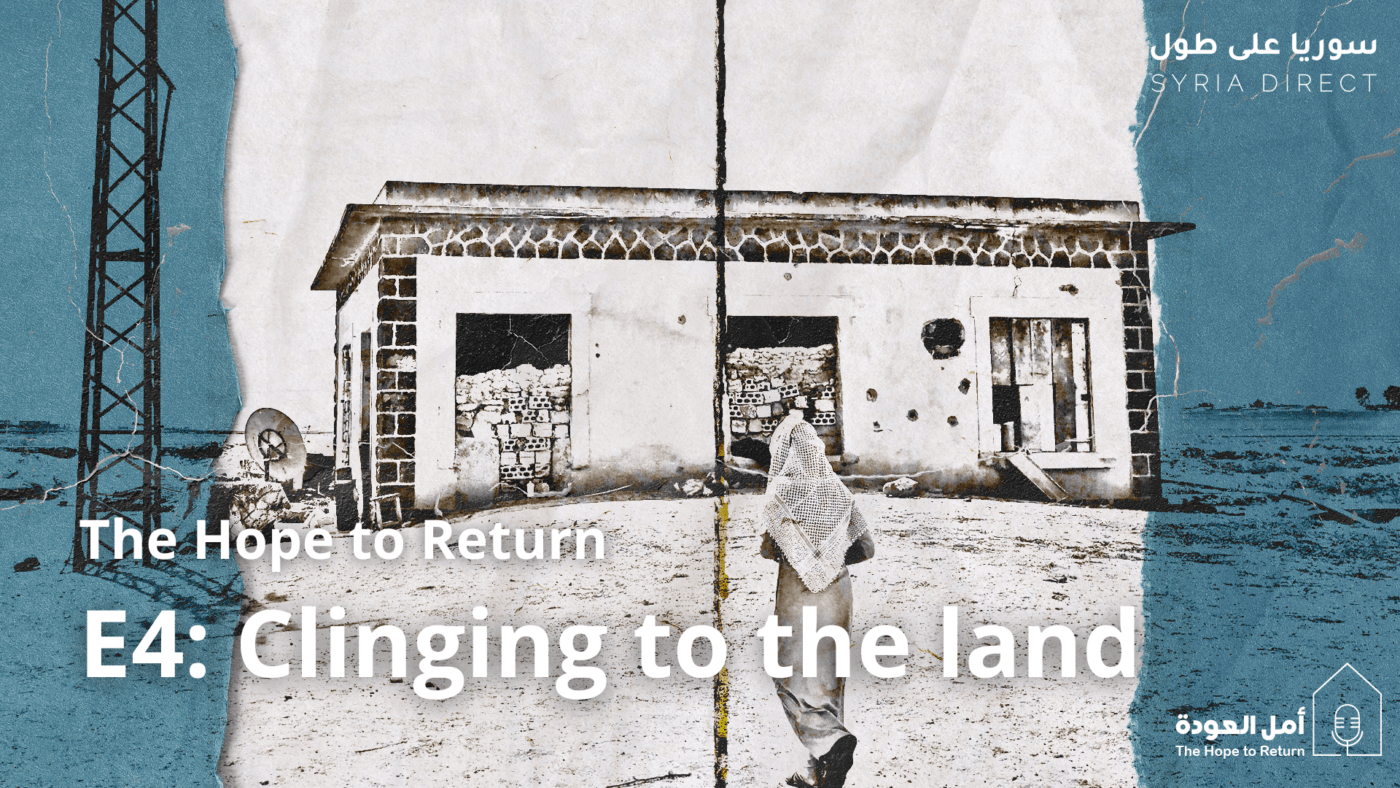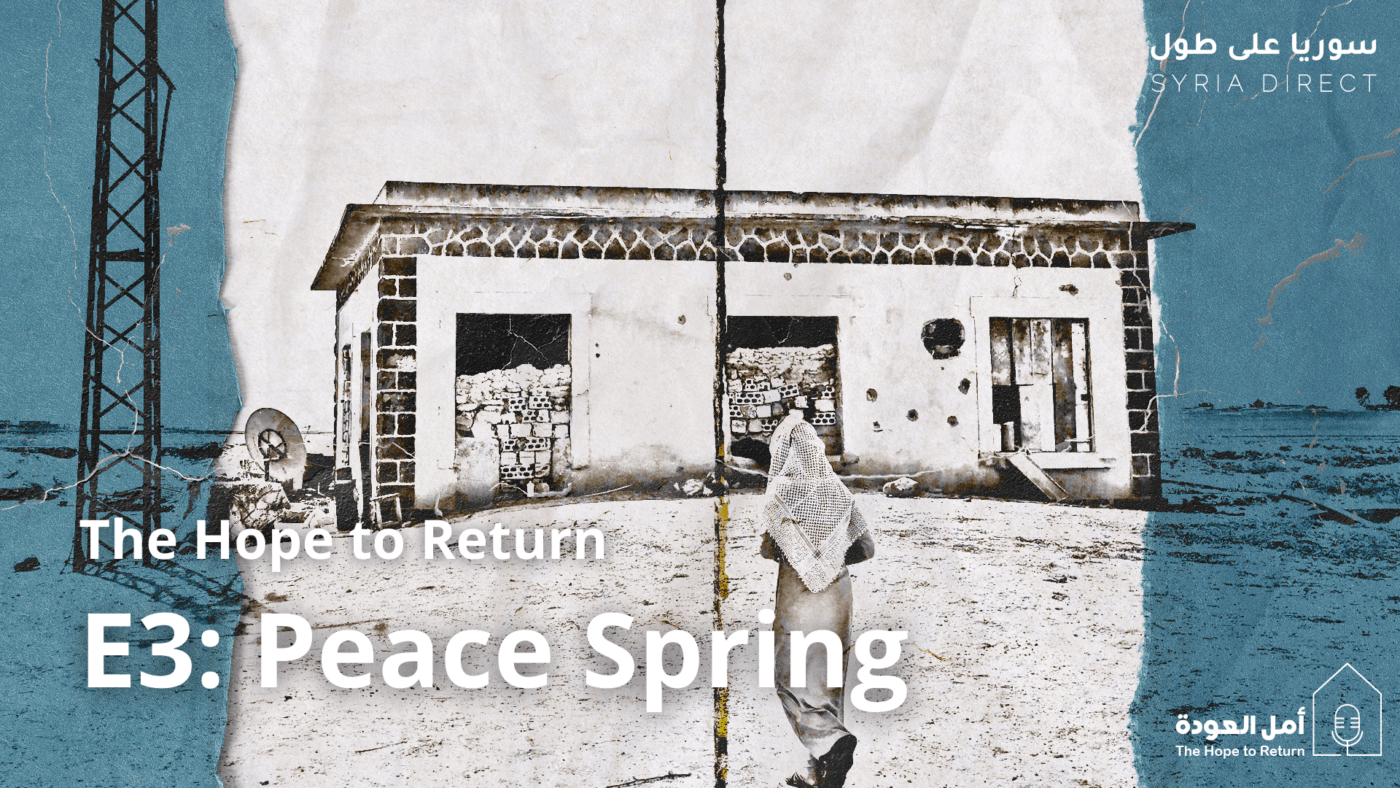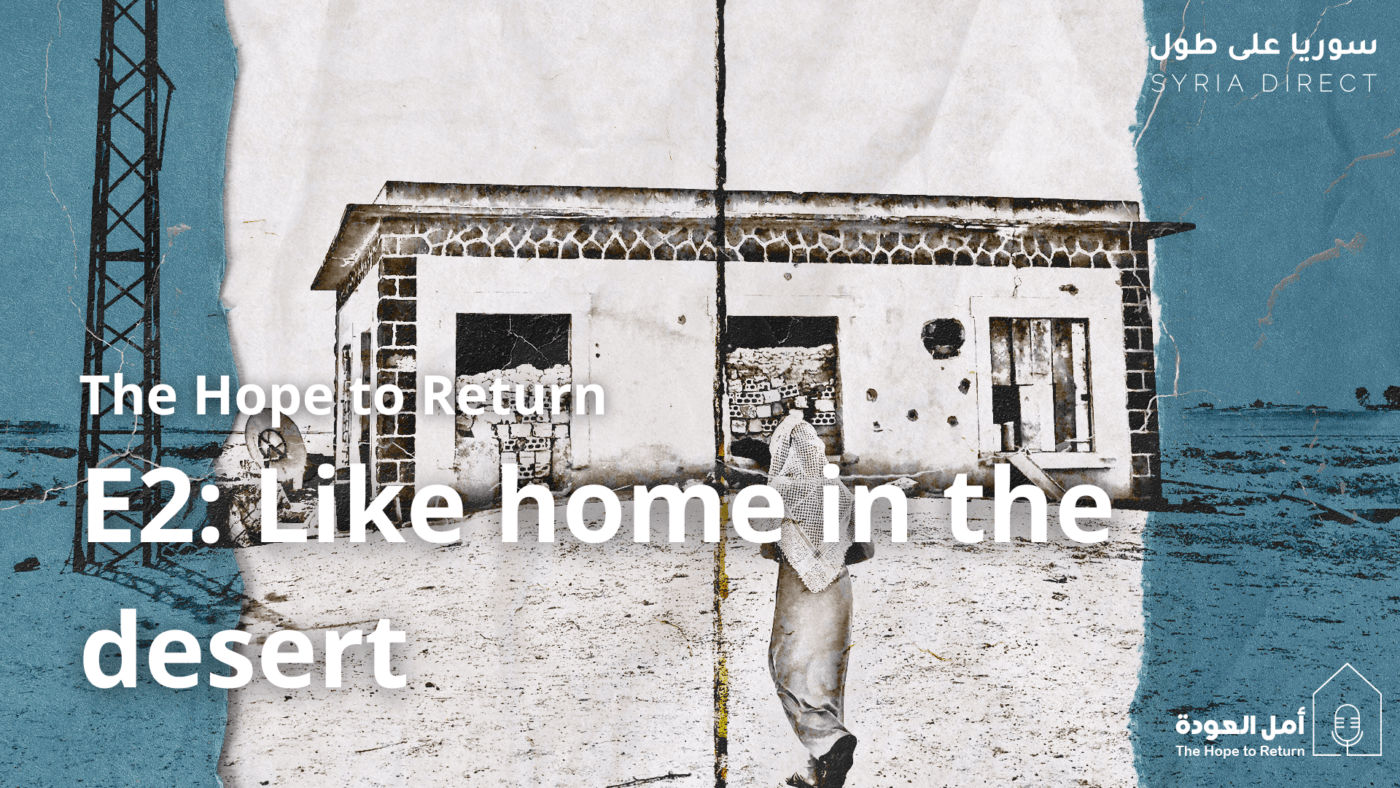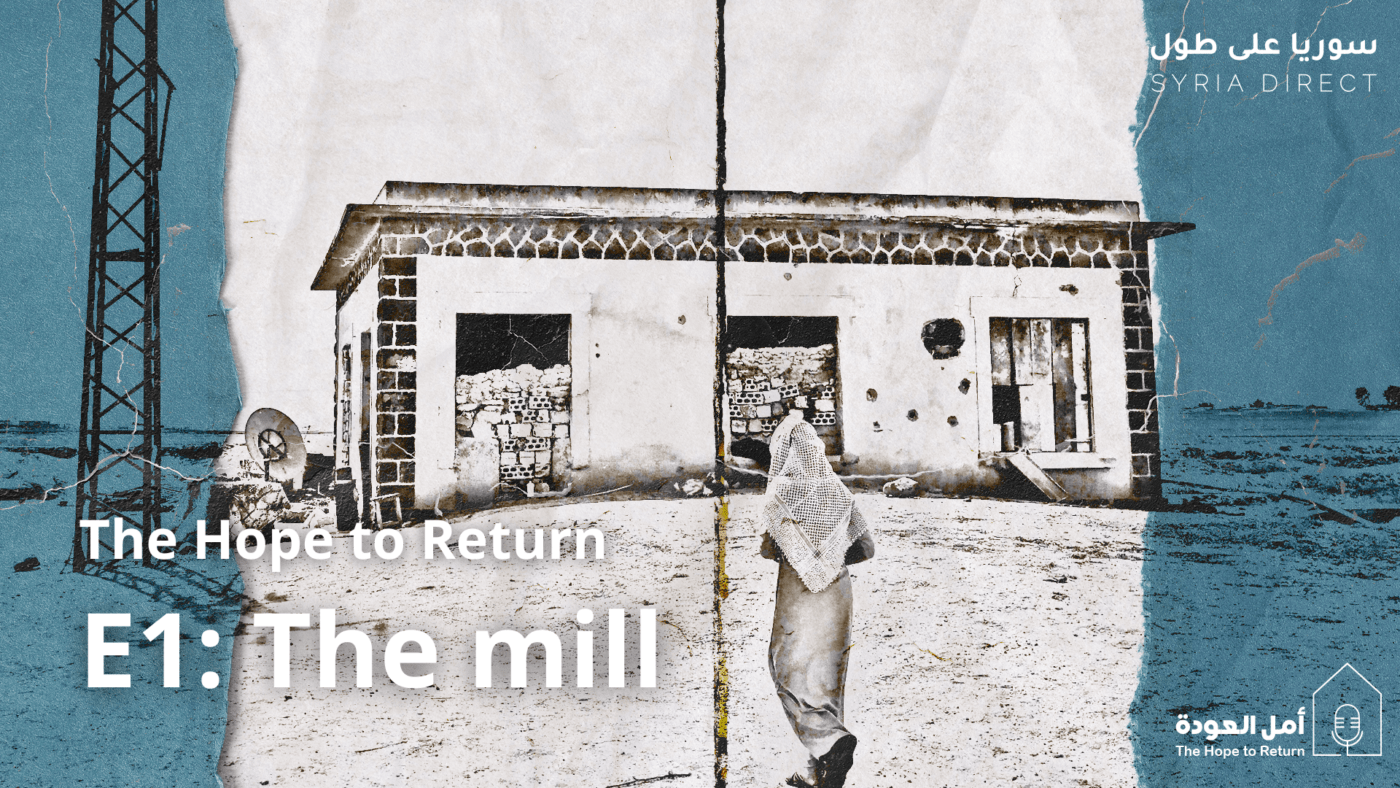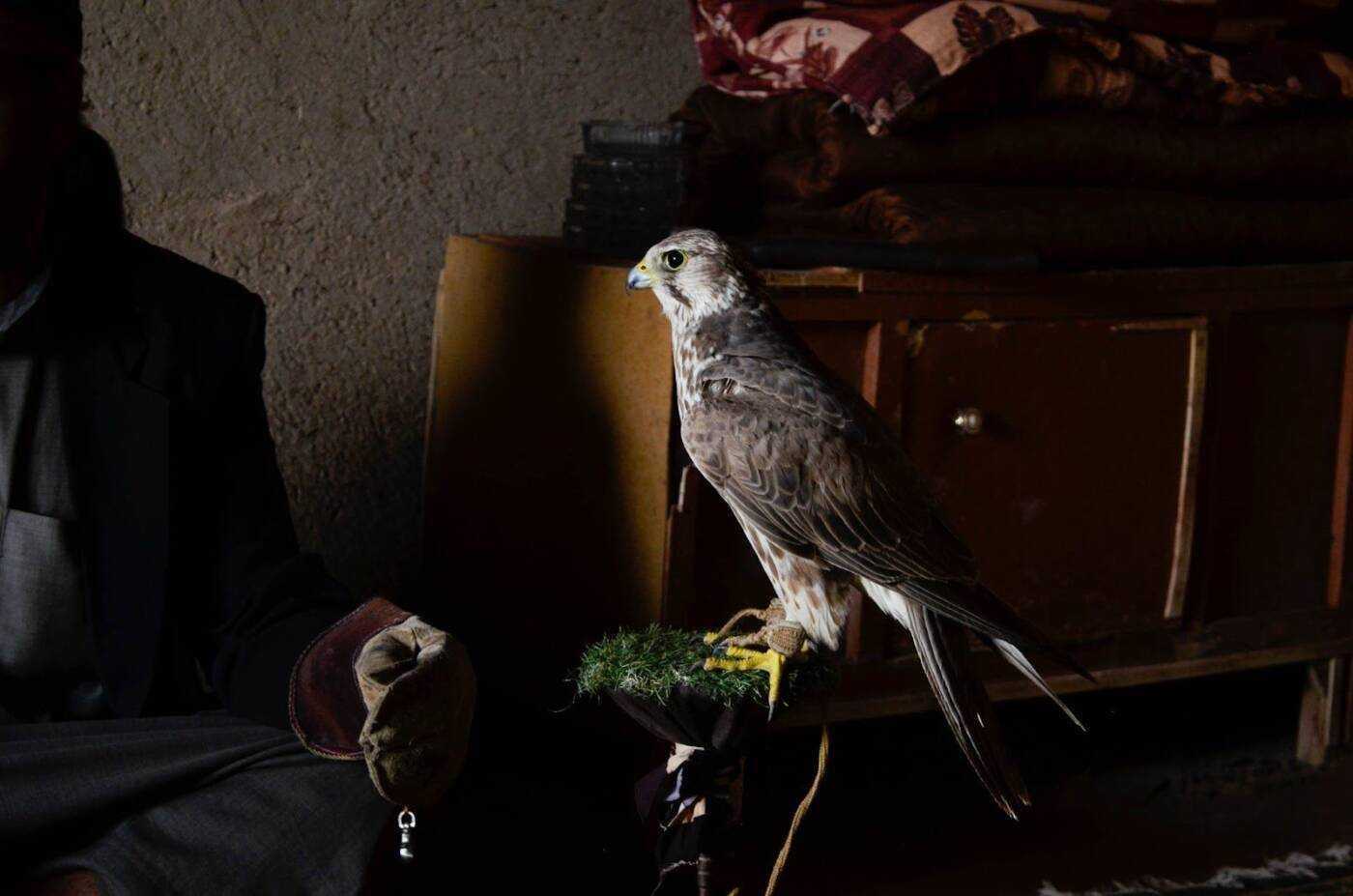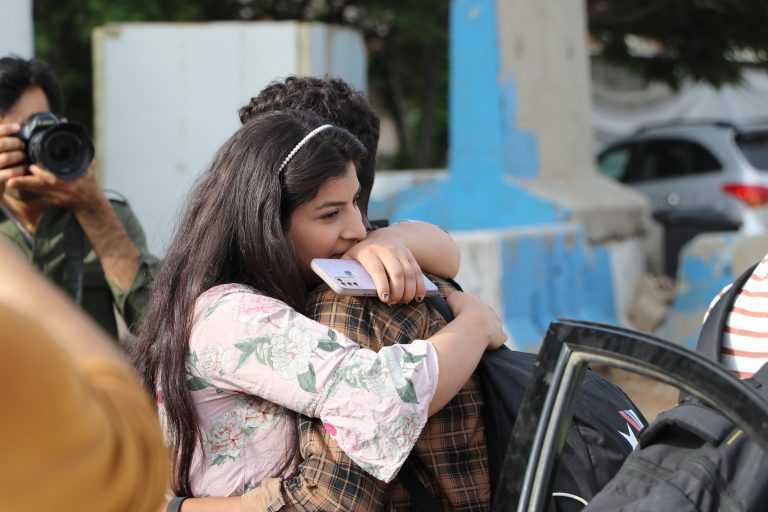Bio
Lyse Mauvais
Lyse was born French but raised in several African countries. She studied political science and conflict between Paris and London, before moving to Jordan to study Arabic. She has been living in Amman since September 2019.
Latest Articles
Living and working as a Syrian in Egypt: A constant balancing act
Syrians, like other refugees in Egypt, face a host of barriers to residency and work permits. Pushed into the informal sector, they face exploitation and abuse. Their plight points to the darker side of Egypt for millions of foreigners.
In Egypt’s ‘Little Syria,’ a golden age dims
Egypt is home to 1.5 million Syrians, thousands of whom have opened successful businesses in the country. Many consider Egypt a safe haven compared to other states in the region, where anti-refugee sentiments are on the rise. However, amid a worsening economic crisis, this golden age may be nearing its end.
Syria online: Digital archives reconnect a generation scattered by war
Digital archives are preserving crowdsourced testimonies of war and creating spaces where Syrians at home and in the diaspora can piece back together their history, shared culture and lived experiences.
The Hope to Return (Episode 5): The future of the camps
Many houses have been destroyed, looted or confiscated by Turkish-backed armed groups in areas they seized during Operation Peace Spring. Similar acts have been carried out with impunity by a range of armed groups across Syria in recent years. Meanwhile, many displaced people have lost the documents proving that they own land or a house in their native towns and villages. What can Khedr, Amina and Zahra do to protect their property rights back home?
This is the fourth episode of “The Hope to Return,” a podcast series by Syria Direct.
The Hope to Return (Episode 4): Clinging to the land
Many houses have been destroyed, looted or confiscated by Turkish-backed armed groups in areas they seized during Operation Peace Spring. Similar acts have been carried out with impunity by a range of armed groups across Syria in recent years. Meanwhile, many displaced people have lost the documents proving that they own land or a house in their native towns and villages. What can Khedr, Amina and Zahra do to protect their property rights back home?
This is the fourth episode of “The Hope to Return,” a podcast series by Syria Direct.
The Hope to Return (Episode 3): Peace Spring
On October 9, 2019, Turkey launched Operation Peace Spring, which started with the heavy bombardment of several northeastern Syrian towns. Amina and Khedr recall fleeing their homes during this terrifying night. Four years later, stability has returned to the area but Amina, Khedr and Zahra, another resident of Washokani camp, are all unable to return.
The Hope to Return (Episode 2): Like home in the desert
Four years ago, Khedr was displaced with his wife and daughter to Washokani camp, on the outskirts of Hasakah city. Adjusting to life in a tent has been difficult, but despite opportunities to seek refuge abroad, Khedr refuses to leave. He feels like he would be giving up on his right to return home one day.
The Hope to Return (Episode 1): The mill
Amina al-Fares lives with her family of 11 in an abandoned mill in the countryside of Tal Tamar, in Syria’s northeastern Hasakah province. The family was displaced from their home near Ras al-Ain in 2019, and lived in the open for many months until they found this place. But they now risk being expelled by its owner.
Kings of the Syrian sky: Falcon trafficking soars in northeastern Syria
Once a traditional hobby practiced by a few hunters, falcon trapping is now a booming business in Syria. After 12 years of war and economic crisis, the trade is more popular than ever, and hunters are willing to take growing risks to catch the birds.
‘We want to send them home, not to the security branches’: Tensions between AANES, regime stall Sudan repatriations
Sudan hosted around 100,000 Syrians before war broke out in April. Northeastern Syria’s Autonomous Administration has repatriated hundreds of them, but tensions with Damascus stalled the process.


